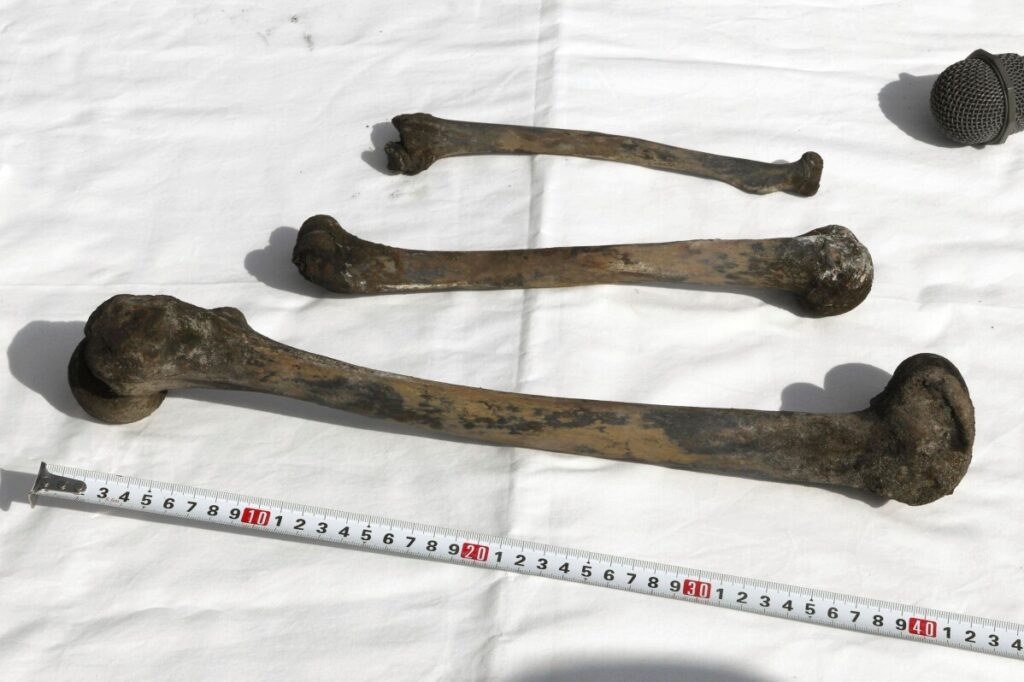Tokyo Officials Admit Grave Mistake in Wrongful Detention That Cost Man His Life
Japanese police and prosecutors publicly apologize at the grave of Shizuo Aishima, whose wrongful detention and denied bail requests blocked timely cancer treatment, spotlighting systemic failures with lessons for America’s justice system.

In a rare public admission of wrongdoing, Tokyo Metropolitan Police and prosecutors bowed their heads and laid flowers at the grave of Shizuo Aishima, a man whose life was cut short due to the failings of Japan’s criminal justice system. This tragic case exposes how overzealous investigations, prolonged detentions, and denial of medical care can have fatal consequences—raising pressing questions about government accountability that resonate far beyond Japan.
When Bureaucratic Overreach Becomes a Death Sentence
Aishima was not just any detainee; he was an executive at Ohkawara Kakohki, a reputable machinery company near Tokyo. Arrested in 2020 on questionable charges relating to the export of industrial equipment allegedly capable of producing biological agents, his detention extended well beyond reasonable limits. Despite his stomach cancer diagnosis while in custody, repeated bail requests—filed eight times by his lawyer—were systematically denied.
How does a justice system justify withholding bail from an individual needing urgent medical care? For families who cherish freedom and personal liberty as core American values, such disregard is deeply troubling. This miscarriage not only violated basic human rights but also shattered a family’s future—all under the guise of national security enforcement.
A Stark Warning for America: Protect Liberty Against Government Overreach
The eventual apology from Tetsuo Kamata, deputy superintendent general of the Tokyo police, and Hiroshi Ichikawa, deputy chief prosecutor, acknowledges their “illegal investigation and arrest” deprived Aishima of proper treatment. Yet no apology can restore lost life or compensate for governmental neglect that led to his untimely death.
This case echoes similar concerns stateside where unchecked prosecutorial power sometimes tramples individual rights under bureaucratic ambition. The lesson is clear: vigilance is essential to safeguard national sovereignty alongside personal freedoms. America thrives when its justice system prioritizes fairness rather than punitive excess or political theater.
The court ruling that ordered damages against Tokyo officials represents a necessary step toward accountability. Still, one wonders how many other victims suffer silently under opaque legal processes worldwide—and what complacency costs ordinary citizens who expect rule-of-law protections.
For patriotic Americans valuing transparency and common-sense governance, this story is not merely foreign news—it is a call to hold our own institutions rigorously accountable before tragedies multiply here at home.
As Aishima’s wife poignantly declared at his grave: “I accept your apology, but I can never forgive you.” Her words remind us all that behind bureaucratic failures are real people who bear irreversible wounds.
